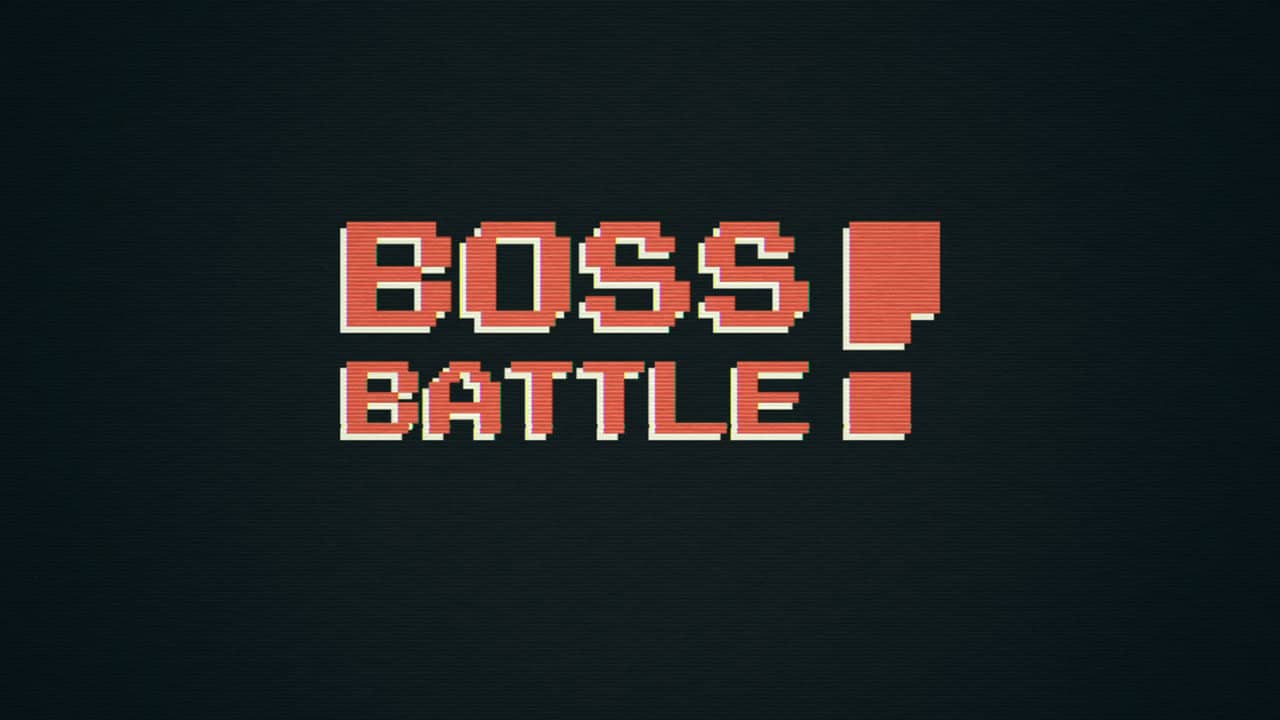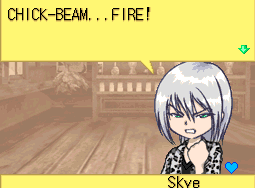More than eleven years ago I made my first account on Neopets, a browser-based virtual pet website whose gameplay centers around improving and customizing your pets, collecting, playing Flash games and trying to make it big in what’s essentially a capitalist economy. I was ten or eleven or so and devoted much of my free time (and my parents’ phone line) to playing. Neopets was a cornucopia of possibilities for me. I could try to save my money to get enough to buy a rare paint brush that would transform my Neopet into a pretty color and design. I could try to work towards getting a high score in one of their games. I could chat and make friends and just hang out on the NeoBoards. I could explore any of the many corny but complex plotlines going on in Neopia at any given time. I could practice my writing through text-based roleplaying. I could even dabble in things like a miniature stock market, but let’s just say that I lacked the economic prowess to take those efforts very far.
There’s a lot I could say about how pervasive Neopets was in my childhood and, perhaps more importantly for the sake of this post, the memories of my childhood. I remember taking turns with a friend playing games and running through the general list of daily to-dos. I remember legitimately honing my writing skills by roleplaying some pretty elaborate stories and creating character profiles of original characters based on our Neopets with another friend of mine and writing scenes in which they would interact with each other. I remember learning my way through basic HTML and CSS to make nice looking profile pages I would be proud of other players seeing. I remember reading countless guides on how best to earn the game’s currency, Neopoints. As you can probably tell, I spent a good many years playing Neopets and enjoyed every bit of it. While Neopets wasn’t exactly what I’d call a “conventional” game, milestone moments like hitting my first million Neopoints or being able to achieve a “dreamie” (a favorite/wished for combination of pet species and color) are just as memorable to me as, say, the time I completed my first Final Fantasy game or finally being able to beat my brother in Soul Calibur III.
This week, out of the blue, I felt a sudden desire to return to my old Neopets account. It was as if Neopets had suddenly planted a notification in my mind – it pinged my mental dashboard and stuck itself there. This wasn’t the first time this had happened either; I had experienced a similar sensation a few years ago that had resulted in a good month or so devoted to Neopets. Although I’m not entirely sure why these urges to return to Neopets have come about when they have, one thing is clear: nostalgia has been the major fuel behind them. It’s fairly clear, even with just the few things I’ve listed above, why I’d be nostalgic for Neopets. One of the core facets of nostalgia is how the topic in question has transformed or molded one’s sense of identity, particularly if that identity has carried on to the present time. As cheesy and borderline unbelievable as it sounds, my experiences on Neopets were rather formative. I’d been writing a large portion of my life, but really began consistently and actively writing on the Role Play forum on Neopets, something I’m sure helped contribute to my making writing my focus in college. My web and graphic design hobby got its start in me admiring the work of other players and wanting to make something equally great. The relationships and social connections I made, though I don’t still keep in contact with any of them, were also huge; nostalgia is, after all, also about the desire to repair or re-experience the positive feelings that came from being immersed in social connections. When applied to video games like Neopets, this social connection manifests naturally through playing alongside and even against other players, while the former often manifests when the person feels that they had just had either a personal or historical gaming milestone.
All of these experiences created the nostalgia that drew me back to Neopets this week. When I returned I came to find that very little had changed. I found the same yellow layout, same Flash games, same pets (plus one or two), same in-demand items, and, perhaps most striking, some of the same player base. Though significantly emptier, most of the remaining players are people who have either been playing for many years or people like myself who were returning to accounts after some time away. Either way, most of the player base, based on what I’ve seen thus far, are in their late teens to mid to late twenties. This is a game originally made for kids and that has changed very little, but the people currently playing Neopets are certainly not its target audience. It’s fairly clear that I was not alone in being drawn back to Neopets because of the nostalgia.
Nostalgic media consumption is a growing trend popping up all over the place. Nickelodeon, for instance, began a television block a few years ago that airs some of their popular shows from the 90s. Old series or franchises are being remade or rebooted. This is undoubtedly companies reacting to immense collective nostalgia, something that doesn’t seem to be going away any time soon. But is playing off nostalgia alone enough to make a successful game or make a sustainable franchise? I’d argue not really. After all, when Nickelodeon launched the aforementioned 90s block, The 90s Are All That, there was initially a good deal of interest. But while they still get consistent views, things have largely plateaued. That’s even better of a result than Cartoon Network had when they tried to do a same thing – that block was canceled presumably due to low ratings.
So what does this have to do with games? Well, when Nickelodeon and Cartoon Network aired their older shows, the content was the same, but the context had changed. The shows were still enjoyable, sure (well, most of them anyway) but it just wasn’t the same experience watching them. Whereas they had once arguably been formative and had often been experienced with friends or siblings that provided a social connection, these were essentially repeats. They were initially novel, but that novelty quickly wore off and, as it did, fans tuned out. That’s also why, when I went back and played other games I had nostalgic cravings for, I didn’t end up playing them for very long. They were fun and the game itself was what I remembered it to be, but it just wasn’t the same experience.
This is part of why I believe that companies like Nintendo have received so much positive reception towards games like its upcoming Super Mario Maker. It taps into the nostalgia players undoubtedly feel about the Super Mario series while adding a new element – customization – to not only make this an exciting or fun re-imagining of the series, but one that will likely create its own formative experiences. This latest iteration also adds in a whole new degree of social connection to the Super Mario series with the importance of player-generated levels. These two elements – which may very well cause its own nostalgia – are complimented well by the nostalgia that the retro Super Mario elements are sure to generate. I would argue that Super Mario Maker is a game that understands how nostalgia can be used productively and creatively. Updated Final Fantasy games, too, have seen some success, and the full remake of Final Fantasy VII has seen an overwhelmingly excited response, though what will happen when it’s actually released remains to be seen.
So why has Neopets kept me coming back time and again? After all, not much has changed in the gameplay or user experience department and it’s doubtful I’ll have any sort of formative experiences in my time playing it now. Well, where Neopets might be lacking in that regard, it makes up for a bit in the social component. My old friends might not still be there and the forums are certainly not as active as they once were, but I’ve found a helpful and welcoming community online to interact with and discuss Neopets not only as it once was but as it is, and that’s enough to get me excited to return. Will it keep me playing long term or get me to make a purchase for it with real life currency? Probably not, but it’s got me invested for the moment.
So can nostalgia really be a sustainable and solid basis for a game model? On its own I’d argue no, particularly if it’s merely an identical copy of what it once was. But the continued presence of a positive community or the creative incorporation of nostalgic elements combined with new and engaging content can win over even the most nostalgic heart.




